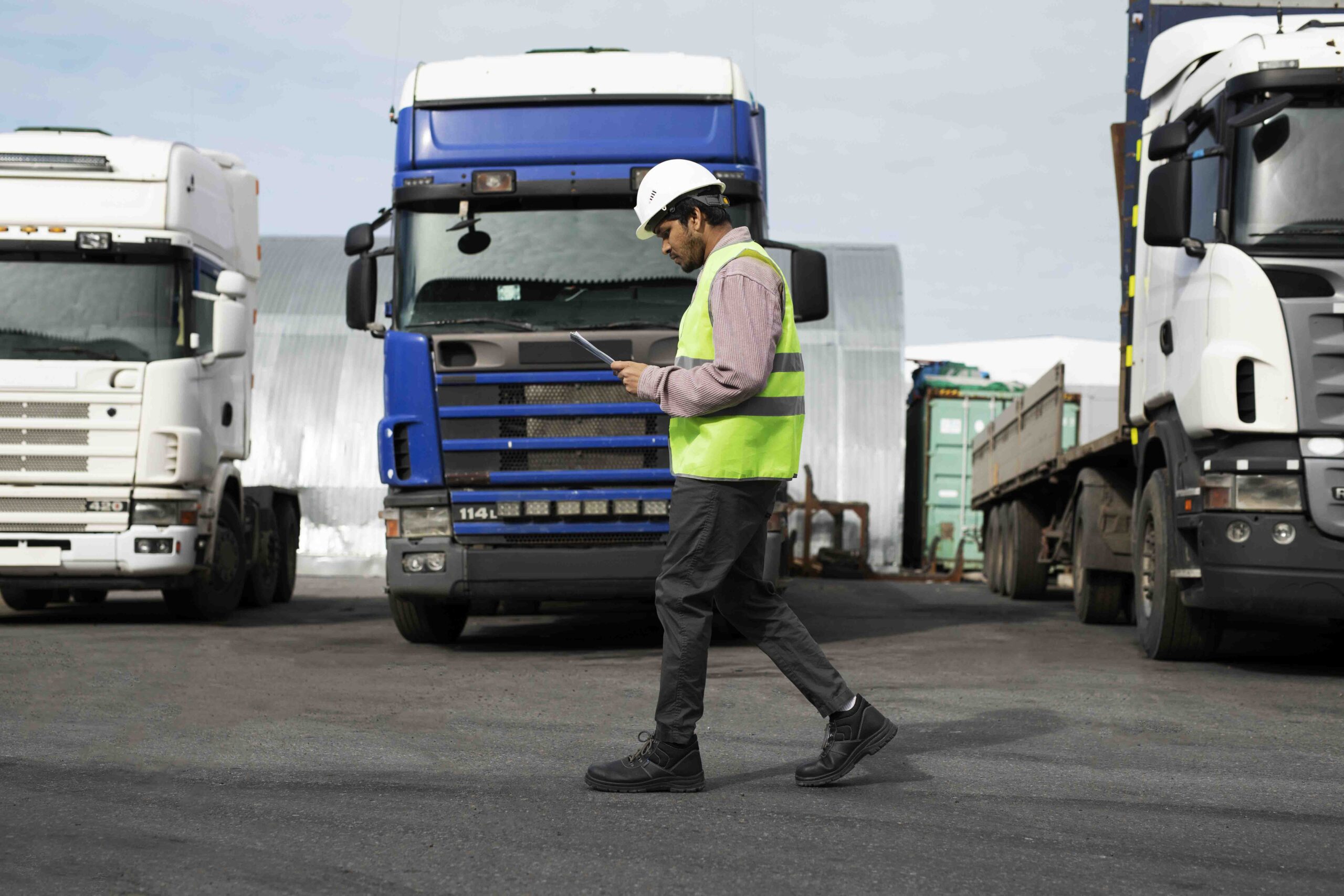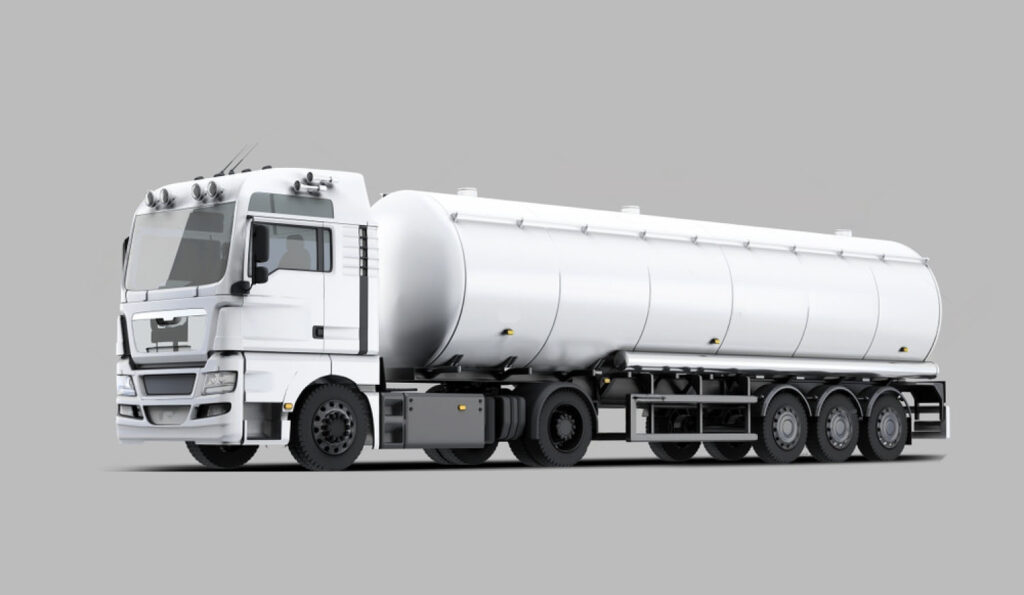
Road logistics is currently one of the most preferred types of logistics due to its many advantages. The vehicles used in road transportation vary depending on factors such as the cargo and the route. In this article, we will provide detailed information about road transportation vehicles and also give comprehensive details about road logistics.
What is Road Transportation?
Road logistics is a type of logistics where the management of materials, products, or equipment is carried out through land transportation. This process includes all logistics activities such as procurement, transportation, storage, and distribution of products along the supply chain.
Road logistics encompasses many different logistics activities such as transportation management, warehousing, inventory management, delivery tracking, and transportation cost management. In this process, logistics managers work to plan and manage the most suitable road transportation solutions based on factors such as transportation routes, carrying capacities, delivery times, and customer needs.
Road logistics offers a faster and more flexible solution compared to other types of logistics and is used in various sectors. It is used in many industries such as food and retail, manufacturing, construction, energy, and healthcare, ensuring that materials and products are delivered on time and accurately.

What Vehicles Are Used in Road Transportation?
Road logistics involves transporting materials, products, or belongings from one place to another via land routes. Therefore, the vehicles used in road transportation can vary depending on the type and quantity of materials or products, the distance to be traveled, and the requirements of the transportation process. However, generally, the vehicles used in road transportation include:
Truck: Trucks are among the most commonly used vehicles in road transportation. They are typically used for transporting large volumes and heavy loads. There are trucks of different tonnages and capacities, and they can be designed as enclosed or open cargo vehicles.
Trailer: Trailers are used for transporting larger and bulkier loads. They are generally preferred for long-distance transportation and have a high load capacity.
Van: Vans are preferred for transporting small and lightweight loads. They are especially ideal for city deliveries and are available in various sizes and capacities.
Tanker: Tankers are used for transporting liquids, gases, or chemical loads. They are equipped with special coatings and valves to prevent leaks.
Excavator: Excavators are used for transporting construction materials. They are generally among the vehicles used in road transportation for carrying open loads.
Crane: Cranes, which are among road transportation vehicles, are used for lifting and transporting large and heavy loads. Cranes have special lifting equipment and are usually used together with specialized road transport vehicles.
Additionally, depending on the type of vehicles used in road transportation, special equipment such as load lifting equipment, carrier racks, and special heating and cooling systems can also be used based on the characteristics of the material or product.
How is Road Transportation Done?
The following steps are generally followed to perform road logistics:
Creating a transportation request: Companies or individuals in need of transportation submit a transportation request to transportation or logistics companies. This request specifies details such as the type and quantity of the material or belongings, the pickup location, delivery address, and delivery date.
Selecting a transportation company: The company or individual receiving the transportation request chooses a transportation or logistics company that offers road transportation services. Factors such as the experience of the transportation company, service quality, references, and prices are considered in this selection.
Vehicle selection: The transportation company selects suitable road vehicles based on the nature and quantity of the materials or belongings to be transported. In this selection, factors such as the vehicle's carrying capacity, features, and reliability are taken into account. Vehicles used in road transportation must meet these criteria.
Loading: The transportation company loads the materials or belongings to be transported. During this process, appropriate packaging and wrapping are performed to ensure the safe transportation of the materials.
Transport: The loaded materials or belongings are loaded onto the transportation vehicle, and the transportation process begins. Factors such as the transportation route, duration, vehicle operation, and traffic are considered during this process.
Delivery: When the loaded materials or belongings reach the delivery location, the transportation company completes the delivery. This process is carried out carefully to ensure that the materials or belongings are delivered intact and complete.
Monitoring and reporting: The transportation company monitors and reports the transported materials throughout the transportation process. This allows customers to track the location of their goods.
Road transportation can be carried out using different methods depending on the characteristics of the materials to be transported, the distance, and other factors. However, the steps outlined above generally define the road transportation process.
What Are the Advantages of Road Transportation?
Road transportation has many advantages and is preferred by many companies for this reason. Some of the main advantages include:
Flexibility: Road logistics is a mode of transportation that can reach almost anywhere. This makes road transportation especially ideal for delivering materials or products to remote or hard-to-access areas. Additionally, road transportation offers greater flexibility in terms of time and delivery points because routes and delivery times can be adjusted more easily.
Speed: Road transportation is faster compared to other modes of transportation. It is a quick solution especially for short-distance transportation of materials or products. Road transportation is less affected by external factors such as traffic and weather conditions, which results in more consistent delivery times.
Mileage: Road logistics is a more cost-effective option compared to other transportation modes. Because road vehicles and equipment are less specialized, road transportation can be cheaper. Additionally, it involves less documentation and processing costs compared to other modes.
Convenience: Road transportation is a simpler and more straightforward mode of transportation compared to others. Logistics companies can organize road vehicles and equipment more easily and quickly. Furthermore, road transportation is less restricted and often does not require special permits.
Customer satisfaction: Road logistics allows products to be delivered to customers more quickly. Faster and more predictable deliveries increase customer satisfaction and positively impact the company's reputation.
For these reasons, road transportation is a preferred mode of transport for many companies.



